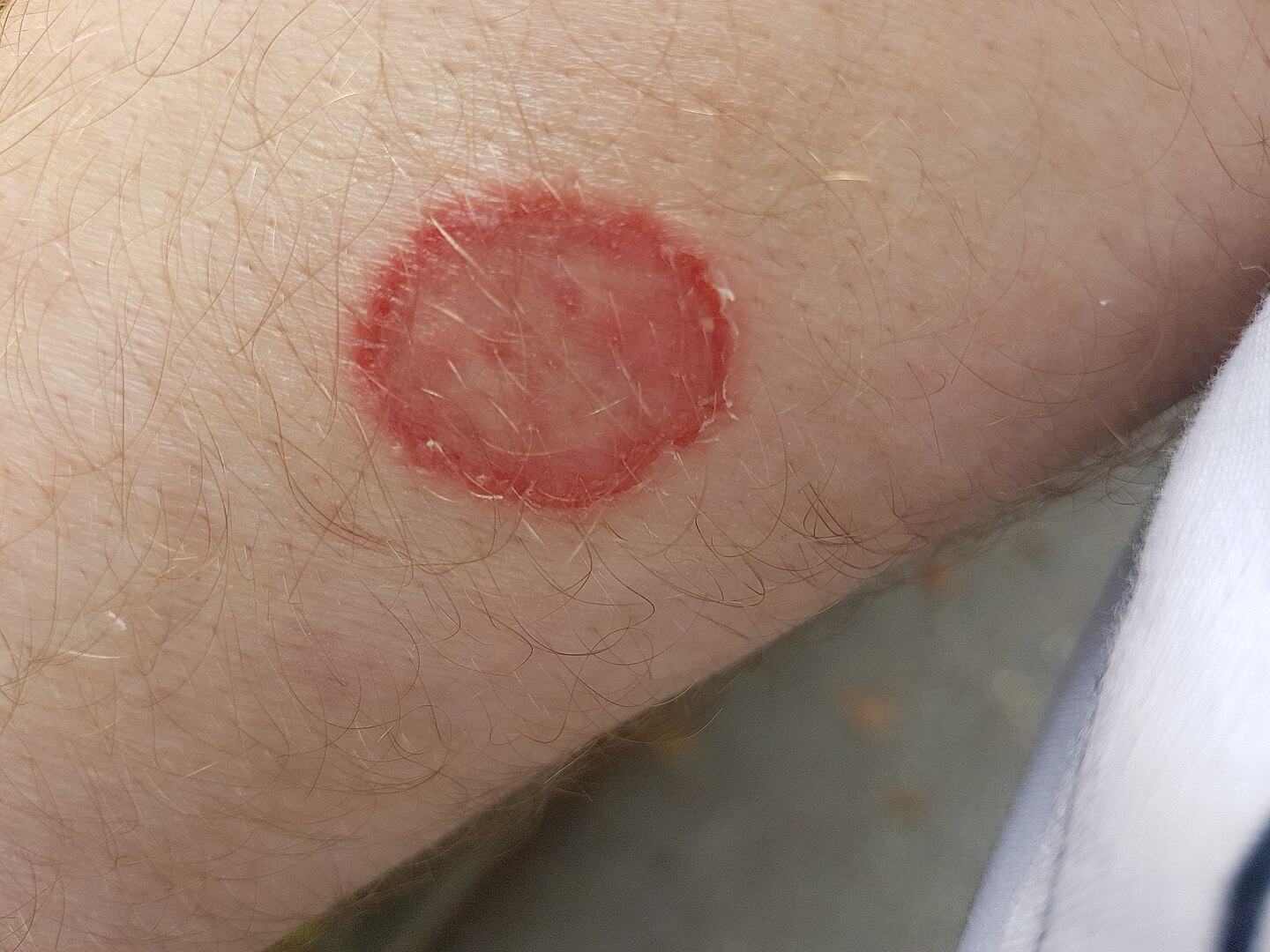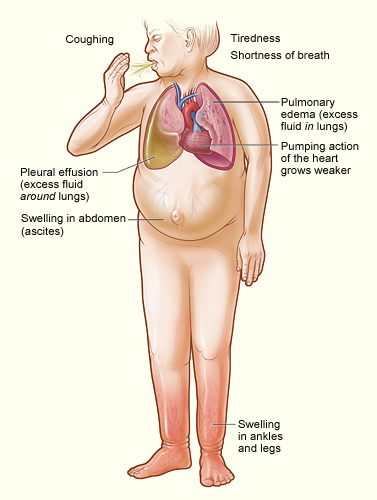In this article, I’ll explain why avoiding a fall should be a top health priority for every senior. I’ll also share practical, science-backed strategies to maintain the strength, reflexes, and environment needed to stay upright and independent for years to come.
Category: Reversible Conditions
Obesity Warning: Waist-Hip Ratio Predicts Heart Disease And Diabetes Risk!
The waist hip ratio is a simple tool. It helps to know the distribution of fat. It also indicates the risk of heart disease and diabetes.
Ketogenic Diet: Unlock The Secret To Longer Life And Better Heart Health!
This article is about the study that showed that a ketogenic diet can lower all-cause mortality without increasing the risk of heart related deaths.
Sugary Drinks Exposed: The Shocking Cause Of Gout You Need To Know
This article reveals fructose in sugary drinks as a cause of gout that many don’t know.
Prepare For 2025: The Ultimate Detox Plan That Works
This article discusses the common myths and the facts about removing toxins from the body.
The Ultimate Guide To Avoiding New Year’s Hangover Headaches
This article shows which alcoholic beverages are most likely to cause a hangover and what you can do to prevent it.
Why Holidays Make You Sick And How To Fight Back
This article discusses a common occurrence in all emergency rooms during the holidays—an increase in ER visits of very sick people. Read on to prevent being a statistic.
Beat Holiday Bloat: How To Relieve Gas And Chest Pain Fast
This article discusses the amazing amount of gas produced by food and beverages, its symptoms, and what can be done about it.
Five Best Breathing Techniques for Reducing Stress and Anxiety
This article outlines the best practices for effective breathing techniques to reduce stress and anxiety.
How Stress Depresses Immunity And Activates Hidden Diseases
The article “Stress: The Hidden Trigger Behind Diabetes You Need To Know“ recently showed how stress can lead to type 2 diabetes. This article further shows how stress can affect the immune system and cause other common diseases. Stress is a natural response designed to help the body cope with challenges, but once it becomes…
High BMI: A Silent Killer Shortening Your Life
This article looks at the two landmark studies of more than six million people that showed that excess fat, demonstrated by a high BMI, leads to early death. Introduction Body Mass Index (BMI) is often used as a simple indicator of health, but its relationship with mortality is far from straightforward. While it has limitations,…
Nuts And Seeds: Path To A Vibrant Longer Life
This article provides the latest evidence on how nuts and seeds prolong life and lower the risk of cardiovascular disease, cancers, diabetes, and mortality.
Trigger Finger’s Hidden Dangers: A Powerful Warning for Your Health
This article discusses several disease conditions like internal organ fibrosis, amyloidosis, and cardiovascular diseases that may be lurking behind a trigger finger. It emphasizes the need for early diagnosis and intervention. Trigger finger or stenosing tenosynovitis is when one or more fingers become stiff, painful, or locked when bent. While often attributed to overuse or injury, recent research highlights…
Applying The OODA Loop For Better Health
This article will teach you how to use the OODA loop to lower the risk of cardiovascular diseases, diabetes, and cancer.
Hope For Alzheimer’s: Study Links Lifestyle To Better Memory
This article discusses a study showing that proper diet, exercise, stress management, and group support can prevent the progression of early dementia. Recent research suggests that comprehensive lifestyle changes, including diet, exercise, and stress management, may help slow down or improve symptoms in people with early Alzheimer’s disease or mild cognitive impairment (MCI). Here’s what…
High Blood Sugar Effects: Impact On Hair Color And Growth
This article discusses how repeated high blood sugars can result in premature graying of the hair, hair loss, and chronic scalp issues. Introduction Did you know that chronic high blood sugar, also known as hyperglycemia, can affect much more than just your blood sugar levels? It can surprisingly impact your hair and scalp health, leading…
High Blood Sugar Awakens Sleeping Skin Fungi
This article discusses how a fungal infection can lay dormant in the skin and grow again when the immune system weakens. Fungal infections are among the most common skin conditions, often caused by dermatophytes (like Trichophyton species), yeasts (like Candida), and molds. While many fungal infections are superficial and self-limiting, some can remain dormant in…
Reliable Studies Agree: An Alcohol A Day Shrinks The Brain
This article discusses the study showing that one drink daily can shrink the whole brain based on the UK Biobank study. For years, the effects of alcohol on brain health have been debated, with research often associating heavy drinking with brain atrophy, neuron loss, and compromised white matter integrity. However, new findings from a study…
Alcohol And Heart Disease Risk: New Evidence Shows One Drink Is Too Many
This article discusses findings from the UK Biobank Study showing that one alcoholic drink a day is related to higher heart disease risk. For years, we’ve heard that moderate drinking might protect your heart. New research, particularly from the UK Biobank study, challenges this belief. Even one daily drink can increase your risk of cardiovascular…
How Reduced Blood Sugar Lowers BP And Cardiovascular Risks
This article discusses why reduced blood sugar could lower blood pressure, thus decreasing cardiovascular risk. While many are aware of the direct effects of high blood sugar on conditions like type 2 diabetes, fewer realize how closely linked blood sugar is to blood pressure and kidney health. High blood sugar can strain the kidneys, leading…

